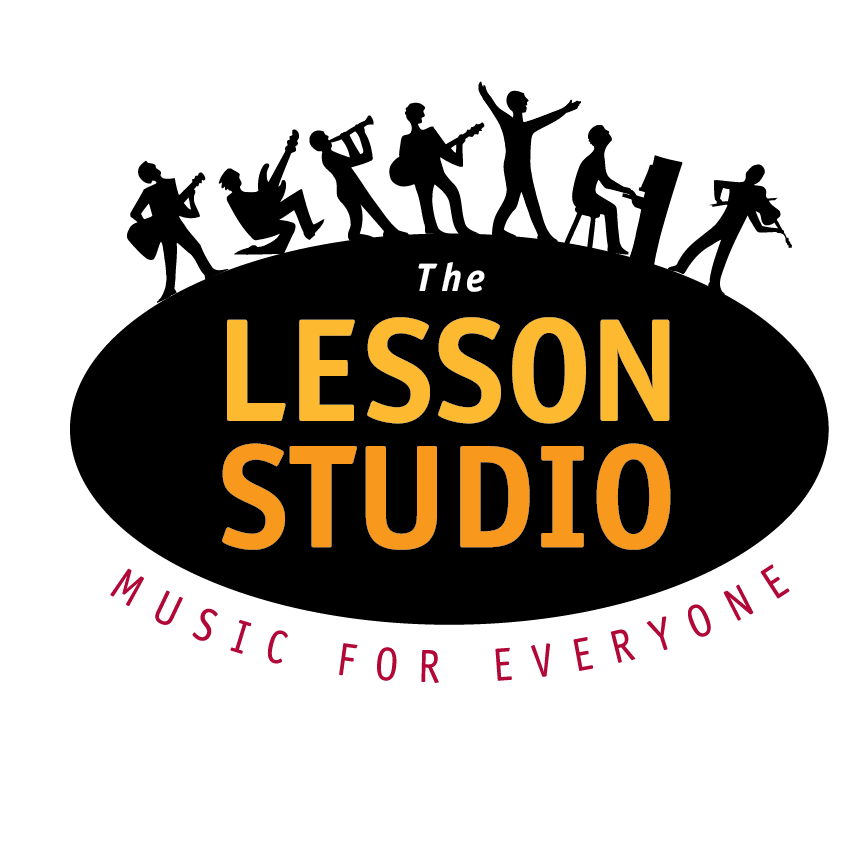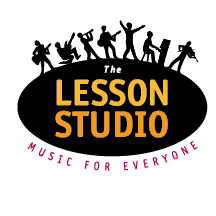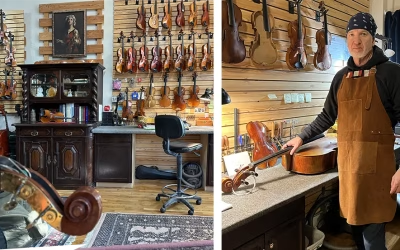Introduction
If you’re a teenager singing in a rock band or hoping to join one, having a strong voice, confidence, and good technique can make all the difference. Whether you’re doing private lessons, performing live, or working with peers in the Rock and Pop Music Academy, there are specific skills and habits that can help you grow fast. Here are tested tips, exercises, and mindset shifts to help you become a better rock singer.
Use Your Voice in a Healthy Way
Posture and Breath Support
Good singing begins with how you stand (or sit) and how you breathe. If you sing slouched or with tight shoulders, your voice will get tired quickly. Stand up tall. Shoulders relaxed. Chest open. Let the air go deep into your belly rather than up into your chest. That kind of breathing is called diaphragmatic breathing. You get more control and less strain.
Warmups Are Non‑Negotiable
Before rehearsal or performance, warm up your voice. Think humming, lip rolls, tongue trills. They loosen your voice. Also cool down afterward. If you push hard without warming, your voice will pay for it. I remember a rehearsal where I skipped warmups because I was in a rush. By the third song I was hoarse. Lessons learned.
Protect Your Vocal Health
Sing only when you are feeling okay. Hydrate well. Rest when your throat is sore. Avoid yelling or trying to sound like someone else right away. Many good vocal teachers say, “if it hurts, don’t do it.” That means backing off when needed. Vocal rest matters almost as much as vocal work.
Develop Rock Style Without Hurting Your Voice
Mixed Voice, Clean Belt, and Distortion
You want power, grit, edge. But going straight for distortion or screaming without training often leads to strain or damage. Instead try building a strong clean belt first and gradually adding edge or distortion in safe ways under guidance. Use mixed voice (blending chest and head registers) to reach higher pitches without shouting. Many resources emphasize resonance and airflow over pushing.
Dynamics and Personality
Rock music shines when there is contrast. Soft verses, screaming choruses, whisper‑quiet bridges, loud hooks. Experiment. Know when to pull back and when to give everything. Also make songs your own. It’s not just about hitting the notes—it’s about conveying emotion. Listeners remember how you made them feel.
Pitch, Ear Training, and Pitch Accuracy
If your pitch is off, no matter how cool your distortion or stage presence is, people will notice. Use a tuner or app to check pitch. Sing scales. Sing along to backing tracks. Practice matching pitch without your instrument at first. Then add a band or full band track. Recording yourself helps a lot. I did that often when I was in high school. Listening back, I could hear which notes were flat, which passages needed work. It was awkward but it helped.
Working With Your Bandmates
Blend and Balance
In a rock band, the singer isn’t alone. There are drums, bass, guitars, keyboards. If the guitar is loud, the singer has to adjust. Use mic technique to stay consistent. Practice with the band so you understand when to push and when to pull back.
Harmonies, Backing Vocals, and Group Dynamics
If your band does harmonies, learn to match others’ voices. Practice backing vocals. Timing is key. Harmonies add depth. Your pitch and timing need to be precise so the harmony doesn’t clash with the lead. Work together in rehearsals. Sometimes harmony parts are hard but learners who master harmonies often grow faster as singers.
Stage Practice and Presence
Rehearse Full Performances
Don’t only run through pieces you like; do full‑band runs as if it’s a show. Practice transitions, mic handling, walking around stage, not just hitting notes. That builds stamina and confidence.
Record Rehearsals
Recording your band rehearsal is a huge help. Watching or listening back reveals things you don’t notice live—like timing issues, when you lose energy, or when your voice is buried by instruments. Then you can address them in private lessons or practice.
Engage the Audience
Eye contact, movement, confidence. Even small gestures matter. When singing, connect with the lyrics. The audience cares about authenticity. Sometimes singing with emotion makes more impact than hitting every perfect note.
Mindset, Confidence, and Growth
Embrace Mistakes
Every singer messes up. It’s part of growth. Don’t fear mistakes. Use them as feedback. A note you missed or a phrase you couldn’t reach are opportunities to practice.
Consistent Practice
Set small goals. Warm up daily. Practice songs you enjoy and songs that challenge you. Work private lesson material, work band songs, practice technical drills. Keep a practice journal. Track improvements. Watching your own progress fuels confidence.
Seek Support and Feedback
Private lessons are great because a teacher can give you feedback on what you might not hear yourself. In RPMA you also get feedback from peers and bandmates. Use that. Ask for notes after rehearsals. Take recordings to lessons.
Practical Routine for Teen Rock Singers
Day Focus Time
- Mon Warmups + vocal technique 20 mins
- Tue Song practice (band piece) 30 mins
- Wed Ear training + pitch work 20 mins
- Thu Performance simulation 30 mins
- Fri Harmony/backing vocal work 20 mins
- Sat Private lessons / review 1 hour
- Sun Rest voice & reflection
Also warm up at the start of rehearsals. Take breaks during performances. Stay hydrated. Sleep well.
How RPMA and Private Lessons at The Lesson Studio Help
At The Lesson Studio, students in the Rock and Pop Music Academy get to put these techniques into real practice. You perform live. You rehearse with a band. Your teacher helps tune your technique, strengthen your voice, and build your stage presence. Private lessons focus on individual needs—your range, your style, your goals.
Final Thoughts
Becoming a stronger rock singer requires patience, consistent work, and healthy technique. You’ll get louder, more expressive, more confident if you:
- use proper breath support
- respect vocal health
- practice both technique and performance
- learn from others and seek feedback
- embrace stage experience
Ready to Discover Your Voice?
If you are ready to take your voice to the next level, private voice lessons and band training through RPMA at The Lesson Studio are excellent ways to grow under expert guidance. Start today. Your voice deserves it.

Don’t forget to share this post.
James Connell, Founder of Sol Vista Violins
For more than three decades, James Connell has supported the musical growth of students, families,...
What Voice Teachers Recommend for Young Singers Whose Voices Are Changing During Adolescence
When young singers start noticing their voices cracking, feeling different, or suddenly dropping...
Jennifer Dunn
For nearly two decades, Jennifer Dunn has inspired hundreds of young musicians across the Boulder...
Trace Bundy
For more than two decades, Trace Bundy has been captivating audiences around the world with a...
Coming Back as an Adult to Music Lessons: Why It Will Be Much Better and More Consistent This TIme
IntroductionFor many adults, the thought of returning to music lessons stirs up a mix of nostalgia...
Best Practices for Piano Lessons for Kids Ages 5 to 7 — and How to Find the Right Teacher
IntroductionIntroducing a child to piano between the ages of 5 and 7 can be the beginning of a...
Dr. Ed Barnhart
An Interview with Archeologist, Explorer, and TLS Parent Dr. Ed Barnhart hosted by Gary Gutierrez...
Top 5 Beginner Guitar Models
IntroductionIf you’re starting guitar, whether you are a kid, teen, or adult, the right first...
Sondra Blanchard of HB Woodsongs
Spotlight on HB Woodsongs: 50 Years of Music and Community For more than 50 years, HB...
How to Choose an Instrument for School Band
[pac_divi_table_of_contents included_headings="off|off|on|off|off|off"...











